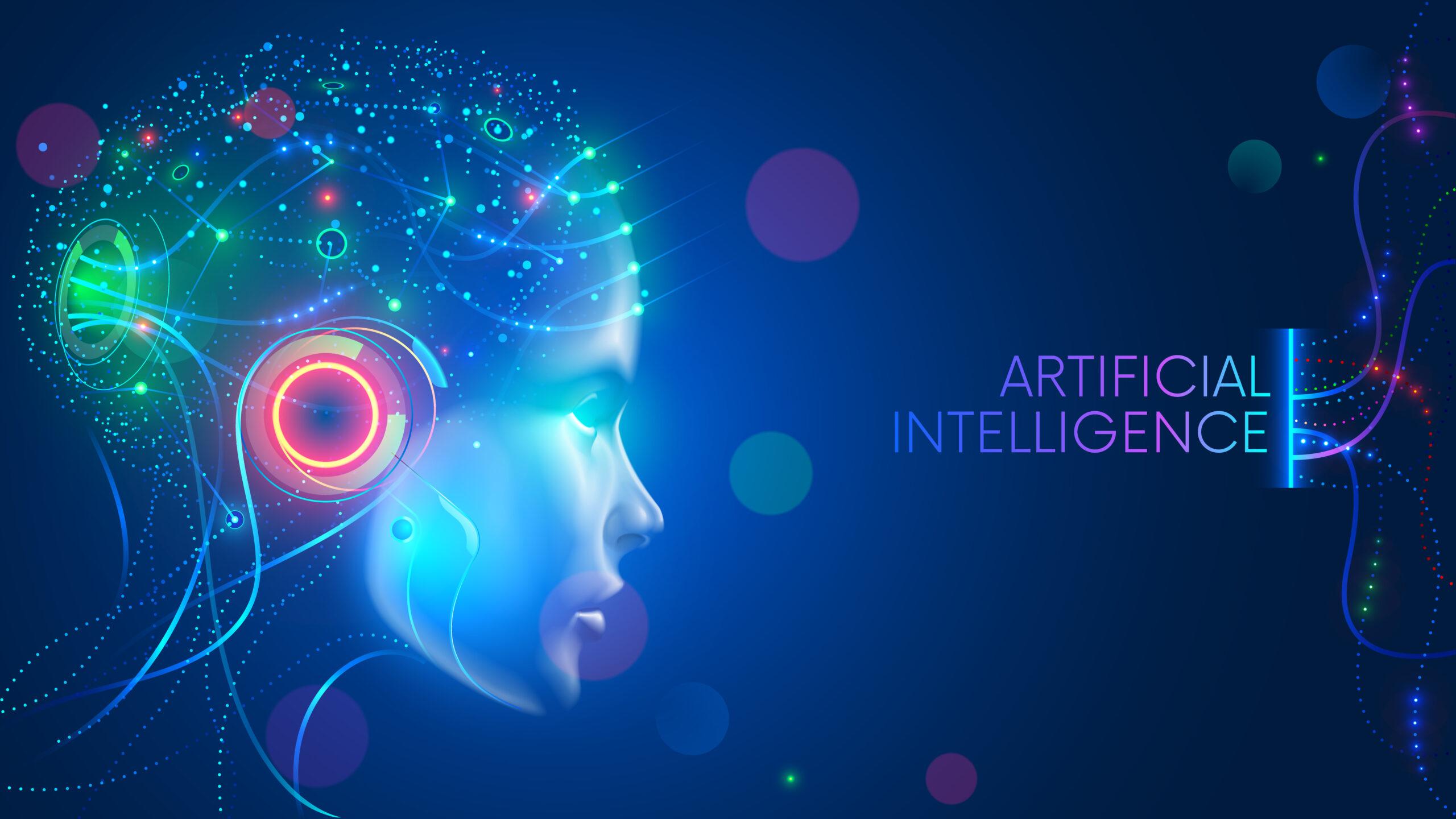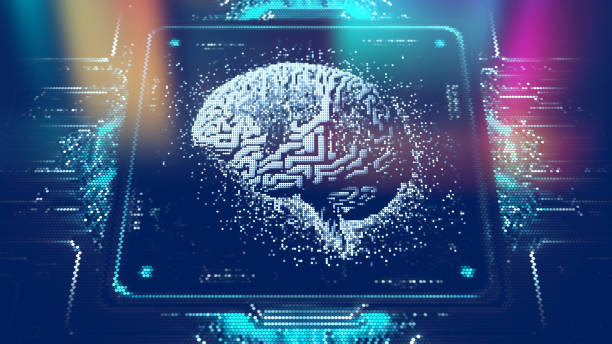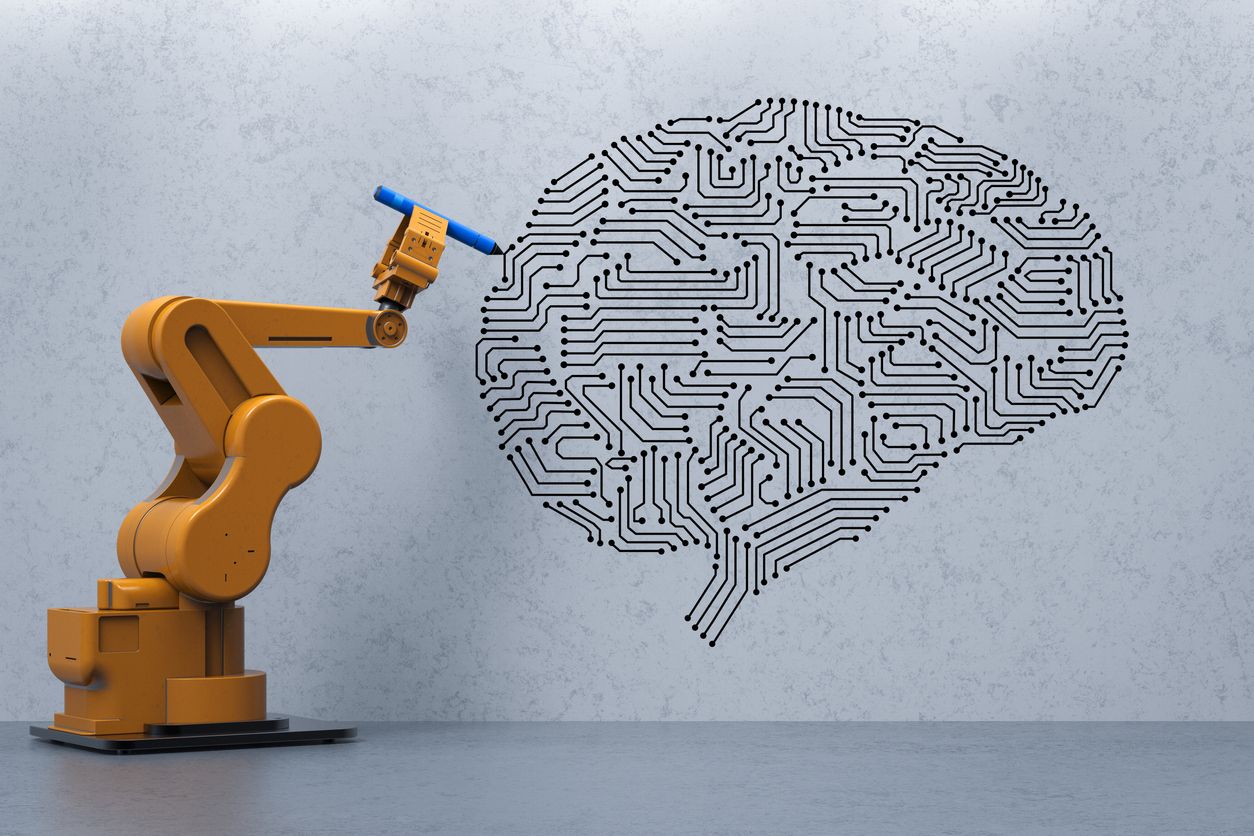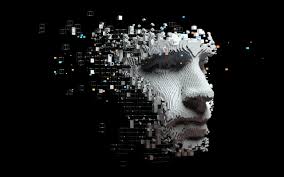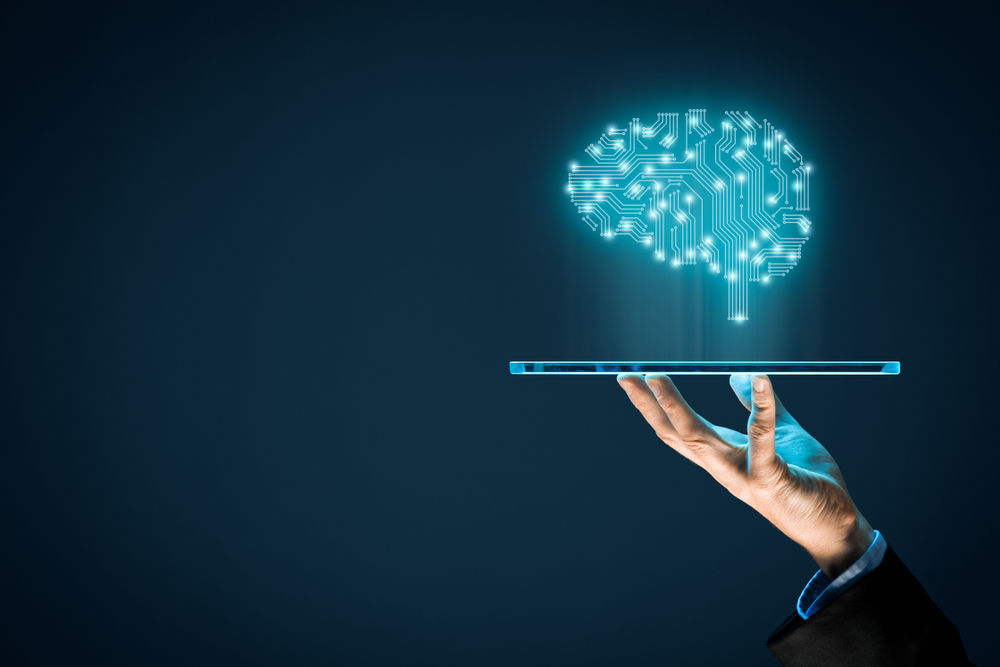The future is never certain, but it’s a certainty that artificial intelligence (AI) will play an increasingly important role in it. The reason for this is straightforward: AI is a technology that can learn and improve over time, making it an ideal tool for accomplishing tasks that would be difficult or even impossible for humans to do. This article explores how AI will change the future, from manufacturing to healthcare. By understanding these trends, you can start to prepare for the future changes that are sure to come.
What is Artificial Intelligence?
Artificial intelligence (AI) has the ability to process data and create decisions based on that information. This technology is constantly evolving as new AI applications are created, meaning that its impact on our lives will only increase. Here are some of the ways AI will change the future:
1. Artificial intelligence will help automate processes and make life easier for humans.
2. It will help us learn faster and more efficiently by processing large amounts of data more quickly.
3. It will allow companies to predict customer behavior and preferences more accurately, leading to better marketing strategies and more personalized customer experiences.
4. It will help doctors diagnose diseases more accurately and speed up medical treatments.
How is artificial intelligence being used in the present day?
Artificial intelligence has been used in a variety of ways throughout the present day. Some companies use it to make their lives easier, others to automate tasks. There are even cases where AI is used to create new intelligent entities.
One of the most common uses for artificial intelligence is in customer service. When a customer calls, an AI can be used to answer their questions and reduce the amount of time spent on the phone. This technology is also becoming more widespread in other areas, such as marketing and finance.
In marketing, artificial intelligence can help automate email campaigns and social media posts. This saves time and energy, which can be put towards more important tasks. It also helps ensure that the content sent out is relevant and engaging.
In finance, artificial intelligence can help analysts make better predictions about future trends. This allows them to invest money in more profitable ventures early rather than waiting for unknowns. Additionally, it can help identify errors and fraud before they happen.
Overall, artificial intelligence has many benefits for businesses and individuals alike. It saves time and energy, makes processes more efficient, and helps ensure accuracy down to the smallest detail.
What are the potential implications of artificial intelligence in the future?
Artificial intelligence is already changing the way we live, work, and play. In the future, it may even change how we think. Here are five ways artificial intelligence will change the future:
1. Artificial intelligence will eventually replace human workers.
The rise of artificial intelligence has caused a shortage of skilled workers in many industries. Some companies are starting to use AI to automate tasks that used to be done by humans, such as airline reservations or medical diagnoses. As AI becomes more sophisticated, it may be able to perform these tasks better than humans can. This could lead to a drastic decrease in the number of jobs available in the workforce.
2. Artificial intelligence will help us solve global problems.
Artificial intelligence can help us solve complex problems faster than humans can. For example, Google’s AlphaGo system beat one of the world’s top Go players in just four games. AlphaGo could eventually become good enough to defeat an actual human opponent with enough practice. This technology has implications for everything from climate research to predicting financial crashes.
3. Artificial intelligence will make healthcare more efficient and affordable.
Medical diagnosis is an area where AI has already made a significant impact on patient care. Computers are now used for radiology and histology interpretation – human experts once performed both areas where accuracy is critical and time-consuming. This is also true for medical research, where computers can now handle large data sets more quickly and accurately than humans. In the future, artificial intelligence may play a role in optimizing healthcare delivery by providing better patient diagnoses and treatments.
- Artificial intelligence will help us protect the environment.
Artificial intelligence can help us monitor environmental conditions and spot changes that might indicate danger. For example, Google’s Street View vehicles have captured high-resolution images of every inch of Earth’s surface. This data can generate detailed maps of environmental problems such as polluted rivers or hazardous waste sites. Automated systems can then be put in place to monitor and address these issues before they become a problem.
- Artificial intelligence will change the way we learn.
One of the most exciting potential applications of artificial intelligence is in education. AI technology can help us learn new information more efficiently and retain it longer than humans. For example, IBM’s Watson system beat two of the world’s best Jeopardy! Champions in 2011 by combining natural language processing and machine learning techniques. Watson has since been used to teach students at various universities worldwide, including Columbia, Stanford, and MIT.
Conclusion
Artificial intelligence (AI) is quickly evolving and changing how we live and work. The future looks bright for this technology, as it has the potential to improve many aspects of our lives. From improving our health and well-being to aiding in the automation of tasks, AI is already making a difference in our everyday lives. As AI continues to evolve, it will have even more significant impacts on society and the economy. So what does the future hold for artificial intelligence? We can only wait and see!

